
How can brands use music to overcome generational tensions?
Joanna Barnett, Strategy Director at Truant, on the power of music to bring people closer together and broaden a brand’s appeal.

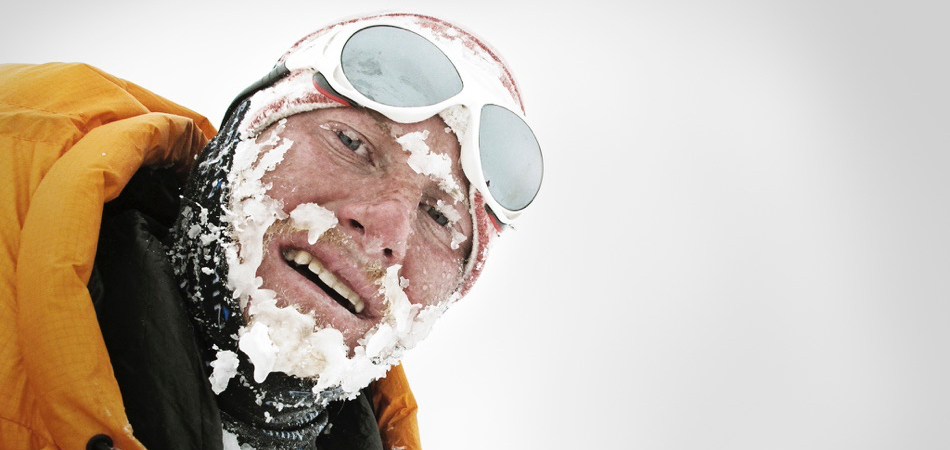
“The reason we struggle with insecurity is because we compare our behind-the scenes with everyone else’s highlight reel.” Wise words from Pastor Steve Furtick. Social media gives us a constant insight into the world of the rich and famous, encouraging many people, particularly a younger generation, to feel dissatisfied with their own lives.
As brand leaders, we have a greater responsibility to tell the stories of real people and redefine what it means to feel fulfilled. Brands can inspire us with extraordinary stories from ordinary people, and help to give individuals the tools to discover and express who they are. "When you like something, you’re saying something about it, but when you share it, it’s saying something about you,” said Shaun McIlrath, Global Creative Director at iris Worldwide.
In 2016, climbers Adrian Ballinger and Cory Richards used Snapchat to tell the real, un-edited story of their attempt to climb Everest without oxygen. Cory made it to the top, although his phone battery died just before he reached the summit. Adrian unfortunately had to stop due to hypothermia. Their honest account captured the attention of world in a way that no other expedition had before. This year, the friends return with Everest No Filter 2.0, expanding their story to Snapchat, Strava, Instagram, YouTube and Facebook to give more people access to this remote part of the world and to inspire a new generation of adventurers.
You don’t have to climb Everest to create a good story. Whilst the media platforms give us the tools to self publish, brands from every sector are creating and facilitating experiences that give us the content to express who we are. From championing the stories of ordinary people to giving us the tools to tell our own, brands are discovering new ways to be part of a narrative that’s more real.
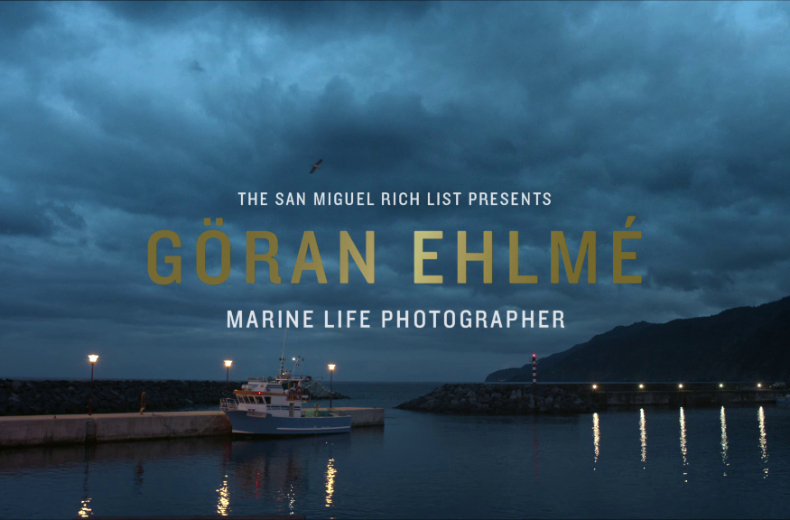
The Sunday Times Rich List is a stalwart reminder that not everyone is feeling the pinch of austerity. This year there were more billionaires than ever before. But in a world of crisis and cuts, is this something we should be celebrating?
Our life goals have changed. The experiences we are able to talk about, far outweigh the importance of possessions. This called for a new kind of rich list - The San Miguel Rich List. In partnership with the Guardian, this alternative definition of what it means to be rich, shines a light on the men and women who have devoted their lives to pursuing the most valuable of all things – experiences.
From a marine life photographer, to a cycling novelist and a husky master, this is a celebration of people pursuing their dreams. By challenging what it means to be rich, San Miguel has found real relevance in a world that is rapidly outgrowing the traditional yet antiquated idea of the ‘American Dream’.
Agency: Pablo, London
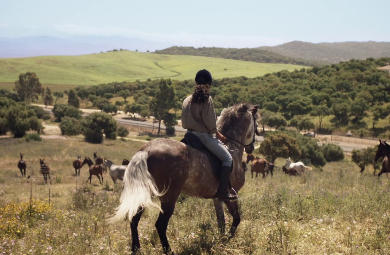
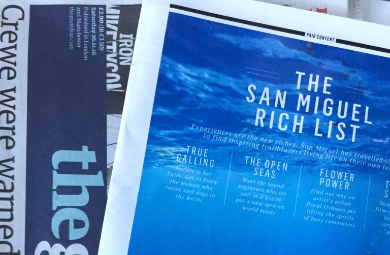
This campaign from Airbnb tells travellers “Don't go there, live there. Even if it’s just for a night,” encouraging visitors to put down their selfie sticks, step off the tour bus and do what the local people do. The print and OOH capture candid, human moments to show what living there actually feels like. These are the simple instances that can only happen in an Airbnb, when you truly feel at home. It supports the idea that travelling shouldn’t be a succession of social media posts, but a personal experience to be felt and shared in real time, with the real people around you.
Agency: TBWA/Chiat/Day, Los Angeles
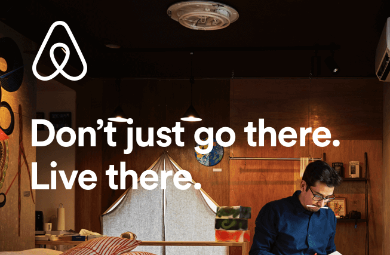
The social campaign Like My Addiction put a dark twist on influencer marketing. The charity made a fake Instagram account for a fictional woman, Louise Delage. She seemed like any other chic Parisian, but her endless selfies slowly revealed a troubling drinking problem, shocking the 17,000 unsuspecting followers she had amassed in just a few months. The campaign also highlighted the reality that what we see on social feeds is not a true insight into real life.
Agency: BETC, Paris
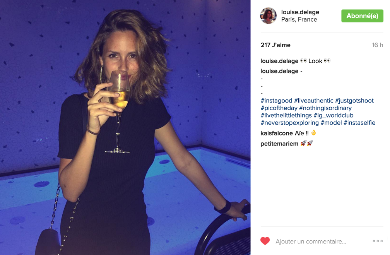
This simple texted based film highlights the amount of time we spend looking at a screen - 32 years apparently, scrolling stuff, clicking stuff, emoji-ing stuff, watching other people’s pictures… The ad is beautifully timed, lasting just one minute and finishing on the line 'Time is precious. Are we running today? Most likely watched whilst scrolling through social media, the message really hits a nerve, without preaching. It encourages viewers to stop caring about the lives of others and to start living their own.
Agency: Wieden + Kennedy,, Portland
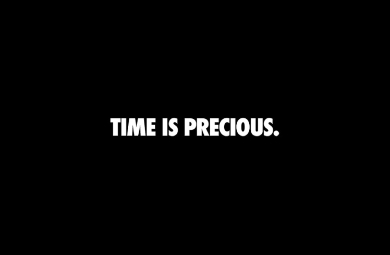
Looks like you need to create a Creativebrief account to perform this action.
Create account Sign inLooks like you need to create a Creativebrief account to perform this action.
Create account Sign in